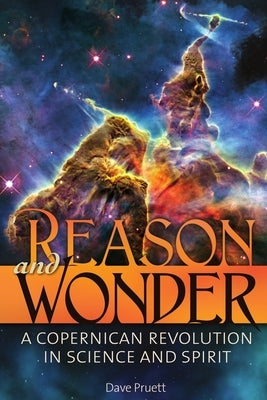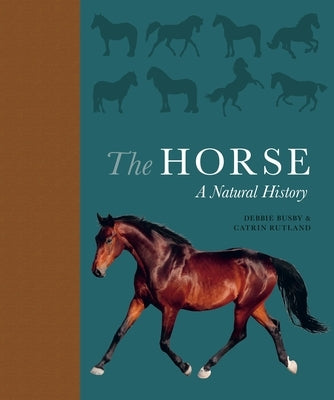The dog may not be what most think it is. The common origin of the dog story says the dog was a gray wolf that "somehow" turned into the dog after it associated with humans. Dawn of the Dog reveals this idea is merely an assumption based on nothing except that wolves and dogs are similar. Author Janice Koler-Matznick, a biologist specializing in behavior, proposes that the dog is a natural species that attached itself to man. She builds the case that the dog is a unique relative of the gray wolf, and that because of false assumptions we have misinterpreted our Best Friend's behavior.
Part I of Dawn of the Dog exposes the assumptions of the dog as a gray wolf myth, explaining why that wolf is an unlikely candidate for prehistoric domestication. Instead, based on the behavior and structure of the dingoes and aboriginal village dogs, and on the traits of wild canids that have adapted to living near people, Koler-Matznick argues that the original natural dog was probably a generalist scavenger and small game predator.
The most important aspect of this Natural Species Hypothesis is that, contrary to popular belief, the dog was not a pack hunter like the wolf. This means our understanding of dog behavior has been based on a wrong assumption. Part II of Dawn of the Dog is a showcase for the most natural dogs, the dingoes and aboriginal village dogs. The dingoes are naturalized wild subspecies of Canis familiaris and the aboriginal dogs are free-ranging ancient landraces that still live the village scavenger life style of the original dogs. 128 color photographs.
About the AuthorKoler-Matznick, Janice Anne: - Janice Koler-Matznick was born with a strong feeling of connection to animals, especially dogs. Her main area of interest has always been animal and human behavior. After raising her son she returned to college in midlife, earning a Bachelor of Science in biology and a Master of Science in environmental science. She continued her studies as an independent scholar. Janice is certified in applied animal behavior by the Board of Professional Certification of the Animal Behavior Society, and an invited member of the Canid Specialist Group of the International Union for the Conservation of Nature, representing the interests of the New Guinea dingo. Two decades ago, Janice's knowledge and hands-on experience with dogs and captive wild canids led her to the conclusion the dog is not, as commonly believed, a domesticated gray wolf. As part of her research Janice kept and studied one of the most primitive dogs, the New Guinea dingo (also called the Singing Dog). Their behavior proved to be very different from the gray wolf. This dingo is so unique and rare, in 1996 Janice founded the New Guinea Singing Dog Conservation Society, a small non-profit group dedicated to research on and preservation of the Singers. In her 7 years as proprietor of a dog grooming business, 30 years as a professional dog trainer, and an additional 10 as an applied dog behaviorist, Janice has had hands-on experience with many hundreds of dogs of every type. She also worked with captive wild canids. In the 1990's she served as interim keeper for a pack of 12 wolves at the Julian Center for Science and Education, Julian, California, when the owners had to travel. She also in the early 1980's raised in her home a 3/4 wolf hybrid, Cody, from 14 days to 11 mos., when he met a tragic end as many pet wolves and high content hybrids do. Janice obtained Cody from a contact made though John Sullivan, PhD, the wolf expert she studied animal behavior under at Southern Oregon University, as a project to document the differences between Cody and domestic dogs as companion animals. She had cared for Dr. Sullivan's wolf hybrids, coyotes, and dogs when he traveled. Her experience with Cody was the first brick in the foundation of Janice's rejection of the gray wolf as the dog ancestor. Cody was very challenging to keep, and even after being hand raised and extensively socialized he was emotionally highly reactive and willful. Since 1972 Janice's hobby has been showing and breeding Rhodesian Ridgebacks under the kennel name Kandu. While there are Kandu show, lure coursing, and sprint racing champions, her main focus has always been to produce temperamentally sound and healthy companion Ridgebacks.




















































